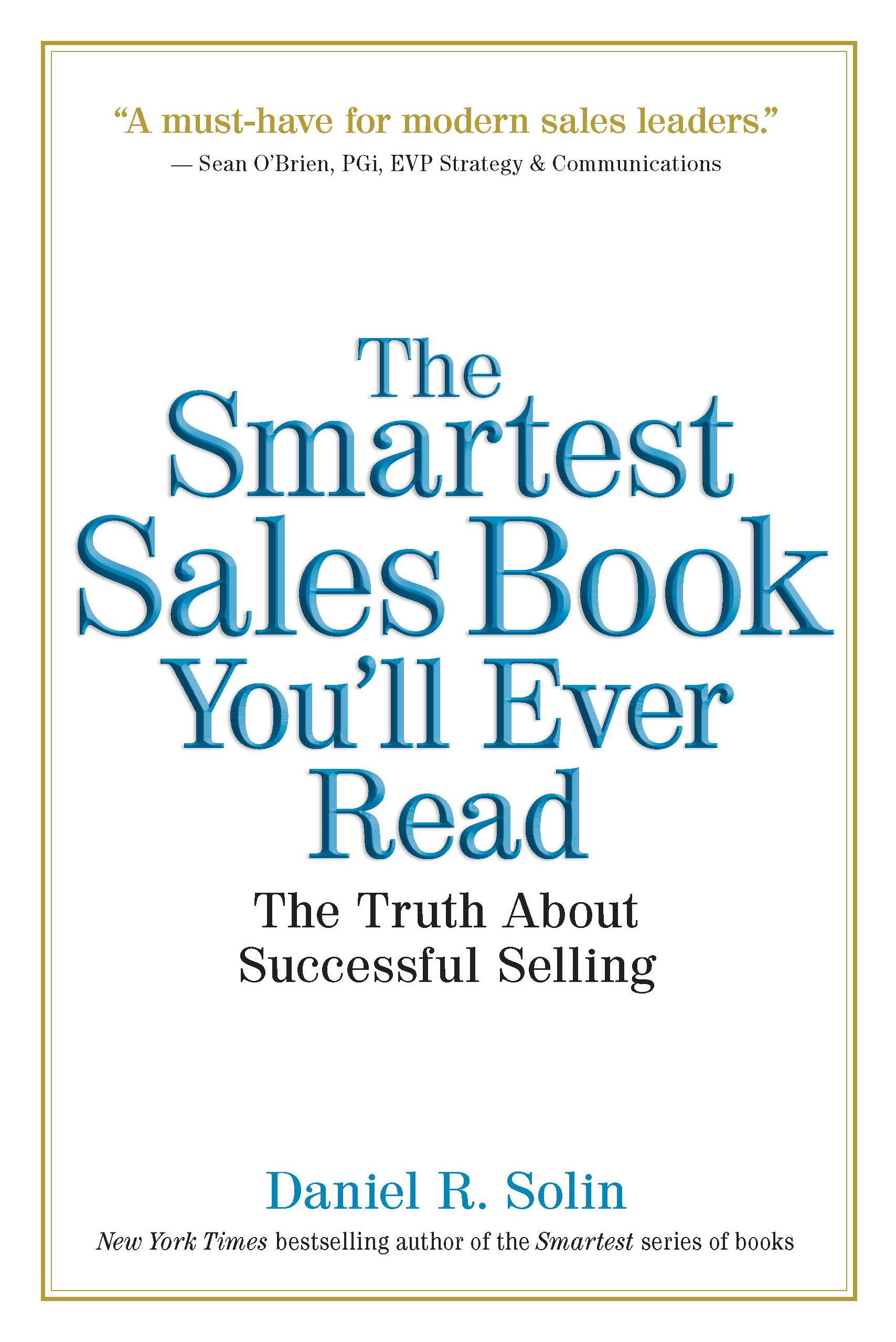There is a huge variation in the quality of advice that investors are exposed to every day. If you can't differentiate between good and bad information, it can cost you dearly. It may even mean the difference between retiring with dignity and running out of money in your golden years.
Terrible advice
It's sad that most of the investment counsel you see on television or read in financial publications fits squarely within the type that can be labeled "terrible advice to follow." Most of it falls into these three broad categories:
- Advice on picking individual stocks
- Advice on when to get in and out of the market
- Advice on which mutual fund to buy
Much of this advice is dispensed by self-styled "investment pros" who peer into their crystal balls (which are always remarkably clear) and widely broadcast their views with great confidence, but little accountability. Here's a small sample:
Awful market timing advice
In this article, a "big trader" opines that the market "has already found its bottom."
Other traders managed to reach the opposite conclusion, warning that "the selling will continue."
As these conflicting opinions indicate, the reality is that no one has the expertise to correctly predict the future direction of the markets. The views of "investment pros" are likely to be no more accurate than yours -- or the flip of a coin.
Abysmal stock picking advice
There's no shortage of investment "gurus" eager to tell you which stocks to buy or sell.
Roger McNamee, who "is famed for his abilities to invest strategically," recommends four tech stocks "to own long term."
Morgan Stanley provides a list of the "16 best stocks for playing the American shale boom."
I could provide many, many other examples. There is a daily barrage of stock-picking "experts" eager to demonstrate an ability to pick mispriced stocks. Compelling data indicates their level of accuracy, on average, is worse than random chance.
Solid, peer-reviewed data
At the other end of the spectrum is solid, peer-reviewed data. This information typically appears in prominent financial journals. It has been subjected to extensive fact-checking and analysis prior to publication. The credentials of the authors are typically impressive. Many have advanced degrees in finance and teach investing-related subjects at major business schools.
These legitimate financial experts don't simply offer unsupported musings when presenting their research. They reference their sources in the bibliography section of their papers.
A forthcoming article in the Journal of Finance is representative. The title is: Picking Winners? Investment Consultants' Recommendations of Fund Managers. The authors reviewed a dataset of actively managed U.S. institutional funds. In the aggregate, these funds had approximately $3 trillion of assets under management. They reviewed 13 years of survey data.
The primary focus of the study was to determine whether the consultants to these funds made recommendations that successfully predicted superior performance.
Here's their bottom-line conclusion: "We find no evidence that consultants' recommendations add value to plan sponsors."
Among the possible reasons for this stunning result are (i) a tendency by consultants to recommend large funds, which underperform, (ii) a lack of skill or (iii) the possibility that better-performing fund managers are able to attract assets from plan sponsors without using investment consultants.
For your purposes, it makes no difference. If the most highly paid, sophisticated consultants to large institutional funds are unable to make recommendations that add value, what's the possibility that the information you hear or read, gratuitously offered by brokers, traders and pundits, will fare any better?
There's a good way and a bad way to invest. Evidence-based investing, in a globally diversified portfolio of low management fee stock and bond index funds, is the good way. Much of the information you receive from "investment pros" and the securities industry is encouraging you to invest the bad way.
 Dan Solin is the director of investor advocacy for the BAM ALLIANCE and a wealth advisor with Buckingham. He is a New York Times best-selling author of the Smartest series of books. His latest book is The Smartest Sales Book You'll Ever Read.
Dan Solin is the director of investor advocacy for the BAM ALLIANCE and a wealth advisor with Buckingham. He is a New York Times best-selling author of the Smartest series of books. His latest book is The Smartest Sales Book You'll Ever Read.
The views of the author are his alone and may not represent the views of his affiliated firms. Any data, information and content on this blog is for information purposes only and should not be construed as an offer of advisory services.

